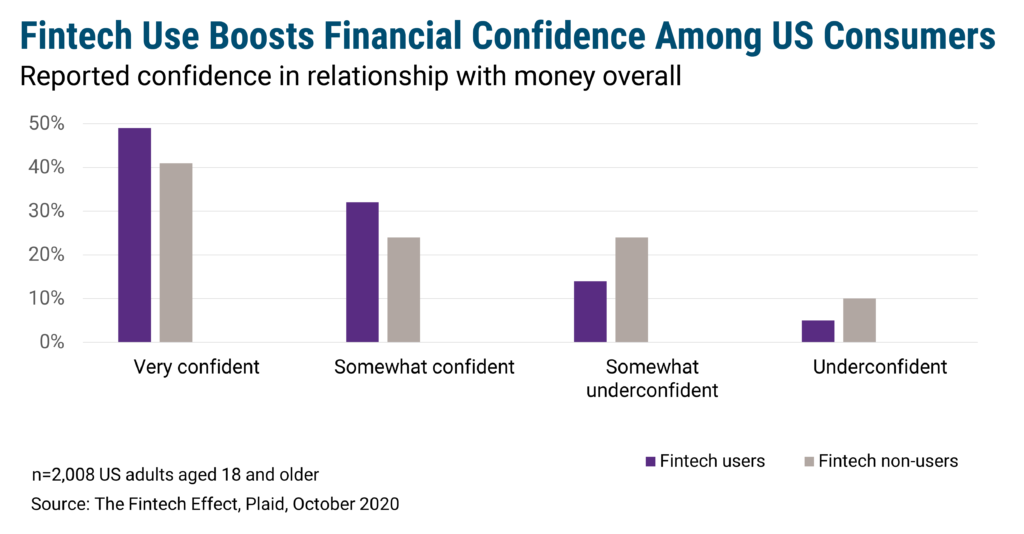Has Blockchain for Banking Finally Arrived?
After years of criticizing cryptocurrency as a scam and fraud, JPMorgan Chase CEO Jamie Dimon surprised the banking world with the announcement of JPM Coin, a digital currency to replace current means of payments for cross-border transactions, wire transfers, and corporate debt issuance, pegged to the U.S. dollar. It is the first cryptocurrency created by a major U.S. bank, though a consortium of European banks led by UBS performed a similar operation a few years back that resulted in the Utility Settlement Coin, a name deliberately chosen to be unexciting and not invite undue hype.
While some critics have said JPM Coin is not a cryptocurrency, nor does it use the blockchain, others have pointed out the bank is creating an entirely new payment rail under its control, and one that will come with significant cost savings and other efficiencies. JPM Coin is designed for the use cases banks have typically expressed interest in regarding blockchain – capital markets and instant settlement of funds.
Jamie Dimon has long been one of bitcoin’s most vocal critics, and even led the bank in banning crypto purchases with credit cards. Given the precipitous fall in value of every cryptocurrency since that time, it’s hard to fault that move. But Dimon has consistently said the bank will see value from the blockchain, the database technology of which bitcoin is only a part.
While JPM Coin will largely be untouched by retail customers, it could get considerable usage from the corporate customers on the backend – the trusted parties in JPMC’s network.
JPM Coin is a shot across the bow of the leading interbank consortia – R3’s Corda platform, which recently inked a deal with the global payments network SWIFT, and Ripple, which boasts partnerships with banks such as PNC, Santander, and Standard Chartered. Dimon’s position seems to be that Chase can go it alone, which may be why it dropped out of the R3 consortium several years ago.
There is no doubt the technology introduced by JPMorgan will be disruptive to business as usual. A bank-owned coin may see wider adoption among FIs than networks provided by third parties, but the economics of such transactions are not yet clear.
It may not be the future bitcoin utopia crypto anarchists dreamed of, but it’s a huge step forward for banking.
Subscribe to CCG Insights.








